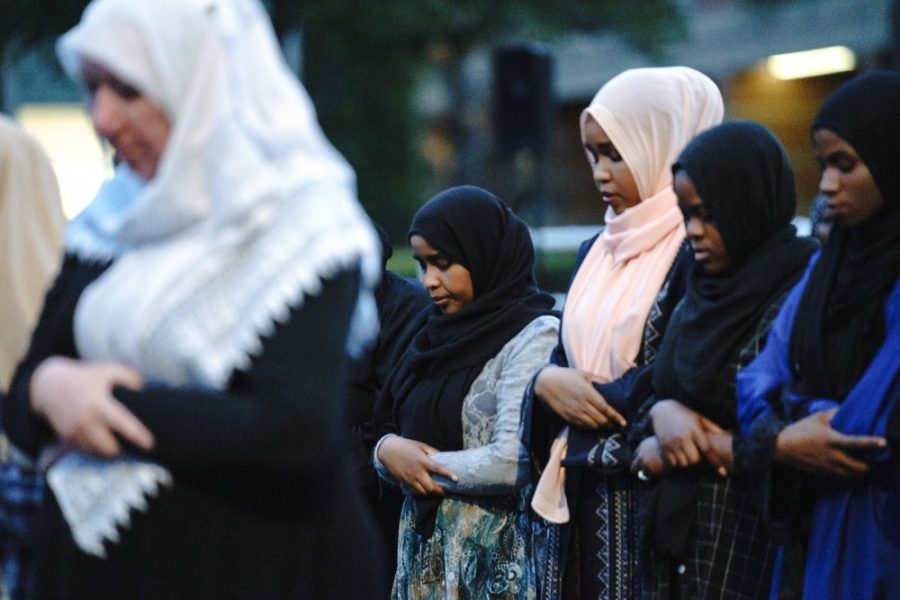Wednesday, July 1, President Obama announced that the next step in thawing relations between the United States and Cuba will be the establishing of embassies in the two nations’ capitals. This is the first significant move toward renewed diplomacy with Cuba since talks began last December.
Many Americans see this as the next step in allowing tourism to the island nation, something that, though certainly not unheard of, has been illegal for decades.
As President Obama said in his speech, “Neither the American, nor Cuban people are well served by a rigid policy put into place before most of us were born.” This belies the popular consensus among Americans today that the embargo was a harsh measure implemented by a dogmatic, Red Scare-era American government.
While it may certainly be true that this policy is no longer of use in the modern political arena, it’s all too easy to forget that such measures were meant to curtail a totalitarian regime that today features the exact same autocratic leadership and human rights abuses that plagued the country in 1961.
My last name is Castro, meaning I have a bit of a bias where the island nation is concerned. When my father and his family left in 1965, they did so with more than their fair share of horror stories. Abuelo can tell you of the public executions outside his bakery, where the prisoners appeared ghost-white on their way to the firing squad as a result of having been drained of their blood beforehand, so as to not waste a valuable medical resource.
Abuela can tell you of her classroom being interrupted by soldiers, who stormed the room and ripped down posters of José Martí and Thomas Jefferson in favor of images of Stalin, Marx, and, of course, Fidel Castro.
Abuelo’s bakery was seized by the Party, and my father, Moises, was summoned for special education to become a “Pioneer of the Revolution.”This proved to be the final straw, and Abuela had the family follow her sister to Kansas City, Mo., in May 1965.
Fast-forward to 2015: a Cuba no longer ruled by Fidel, but instead his brother Raúl, the selfsame man presiding over those executions in 1965. As for the seizure of private property and brainwashing, the track record remains the same, with the 2015 Index of Economic Freedom assigning the country a score of 10 out of 100 when it comes to property rights—one of the worst in the world—and nonprofit Freedom House awarding a score of 11 out of 60 to Cuba when it comes to protection of civil liberties.
None of these rankings indicate that continuing the embargo would be productive foreign policy. Indeed, the people of Cuba will likely benefit from trade with a major power after decades of poverty previously alleviated only by relations with China. But as the U.S. enters into this new relationship, the American people must ask themselves to what degree they feel comfortable spending money in a nation that by most modern standards oppresses its people.
Should Americans feel comfortable staying in resorts that will doubtless provide every luxury to tourists, but are forbidden to locals? What are the ethical implications of eating at a paladar, a family-run Cuban restaurant, which operates under strict government regulations dictating the type of food served and the hiring of servers? In an increasingly complex world where every service solicited or good purchased can have devastating consequences on the other side of the globe, the possibility of Cuban tourism reopening to American citizens only adds to the discussion, rather than providing any clear answers.
Some of these questions may be precipitant; with diplomatic relations only recently re-established, the opening of tourism between the two countries is likely still a ways off. Regardless, future Americans would be wise to revisit history and the human rights abuses of the Castro regime before donning their flip-flops and booking the next ticket to Playa Paraíso.








